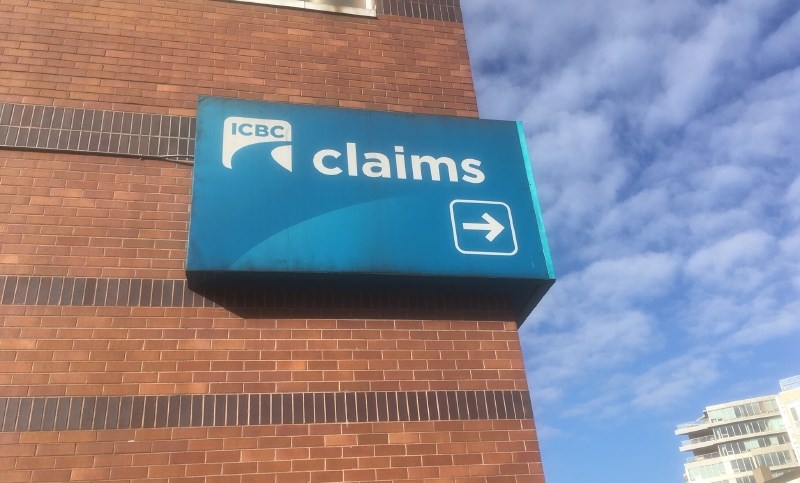The NDP government is putting a lot of stock in a new “fairness officer” being creating at ICBC, but Opposition critics are having a hard time seeing why.
The position is designed as a way for customers to appeal any ICBC process that leaves them aggrieved. But actual offers, payouts or findings of responsibility – obviously the prime sore points – are off-limits to the fairness officer.
The fairness officer will be selected by cabinet, but work daily within ICBC’s hierarchy under terms and conditions to be set by the corporation.
Any appeal process is better than none. But ICBC already has a fairness commissioner. It’s had one for years and the annual reports from that office suggest it’s a low-profile position that up until recently didn’t get much traffic. It operates under similar restrictions that bar investigation into payments or decisions about responsibility for crashes.
Revamping the office was considered so important it was accomplished with a standalone separate bill – the Insurance Corporation Amendment Act. That bill is making its way through the legislature and Opposition Liberals appear dubious about the merits.
It’s one small part of a radical remodeling of ICBC to a no-fault, comprehensive care model that takes effect May 1. Most legal disputes over damage claims are expected to be replaced by more generous payments in injury cases. Theoretically, financial help in recovering from a crash will be automatic, with less need to fight for it in court.
Public Safety Minister Mike Farnworth, who took over responsibility for ICBC from Attorney General David Eby following the election, said the fairness officer will have greater independence and the office will increase transparency and trust in ICBC.
The fairness officer will take complaints about processes, start investigations into policies that might be unfair, make “recommendations” to the ICBC board and publish all decisions along with an annual report. The board has to publish its response to recommendations.
B.C. Liberals won a minor victory last week when the bill was amended so that reports are submitted to the legislature, to ensure they are made fully public. Reviewing the work of the current fairness commissioner, Liberal critic Mike Morris asked: “Is it worth establishing a new office and government infrastructure to replace a process that already exists.
“If it ain’t broke, don’t fix it.”
That’s a foolhardy thing to say about ICBC, which was definitely broken. But on the narrow topic of a fairness officer, it’s hard to see why legislation is needed for such a modest redesign of an existing office.
That office reported 411 complaints from three million ICBC customers last year and nearly all were resolved without any adverse findings about policies.
People have the option of going to the ombudsperson, but relatively few do.
The Oopposition noted that the fairness officer is only marginally more independent than the fairness commissioner.
Terms and conditions of employment are set by the corporation, including the salary and budget – exactly as is now the case. The only difference is the officer is hired by cabinet, not ICBC.
The criticisms eventually brought Eby out of his chair. He was the one who announced the idea, before Farnworth took over responsibility.
“The fairness commissioner was never intended to be an external watchdog. That’s the ombudsperson; that’s the Civil Resolution Tribunal,” he said. (The tribunal function is up in the air, pending appeal of a Supreme Court decision that found steering people to it deprives people of their constitutional right to go to court.)
He said it’s an internal office where people can go and say ‘This isn’t about the money or about the particularities of my collision, but this process that you’ve set up is ridiculous, and you need to have a look. …”
“It’s not some kind of a trick. … This was the intent, for ICBC to proactively identify these issues. I can tell you, having been minister responsible for ICBC, there’s nothing more disheartening than learning about a problem with ICBC’s processes through the media.”
Eby said it’s a way of recognizing problems before they become issues that erode trust.
Critics remain skeptical: “It’s a toothless, powerless entity that is controlled by ICBC every step of the way,” said Liberal MLA Michael Lee.



